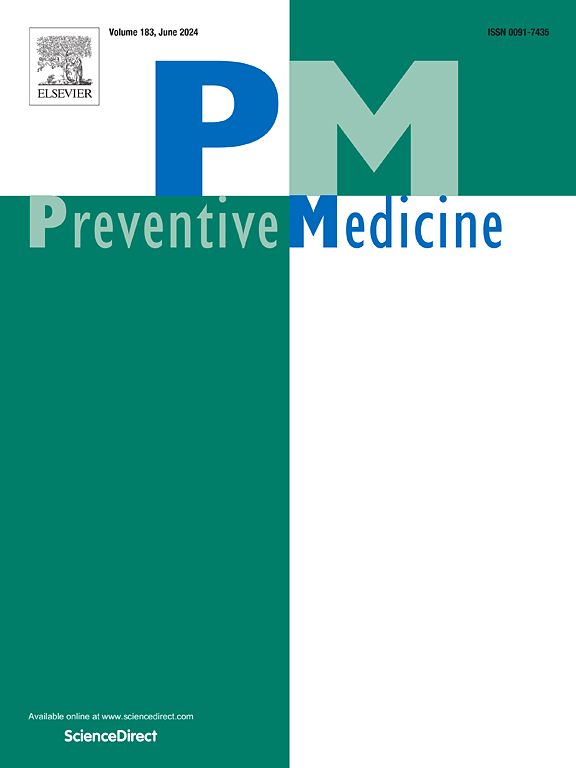An atlas on risk factors for gastrointestinal cancers: A systematic review of Mendelian randomization studies
IF 4.3
2区 医学
Q1 MEDICINE, GENERAL & INTERNAL
引用次数: 0
Abstract
Objective
Gastrointestinal cancers are one of the most frequent cancer types and seriously threaten human life and health. Recent studies attribute the occurrence of gastrointestinal cancers to both genetic and environmental factors, yet the intrinsic etiology remains unclear. Mendelian randomization is a powerful well-established statistical method that is based on genome-wide association study (GWAS) to evaluate the causal relationship between exposures and outcomes. In the present study, we aimed to conduct a systematic review of Mendelian randomization studies investigating any causal risk factors for gastrointestinal cancers.
Methods
We systematically searched Mendelian randomization studies that addressed the associations of genetically predicted exposures with five main gastrointestinal cancers from September 2014 to March 2024, as well as testing the research quality and validity.
Results
Our findings suggested robust and consistent causal effects of body mass index (BMI), basal metabolic rate, fatty acids, total cholesterol, total bilirubin, insulin like growth factor-1, eosinophil counts, interleukin 2, alcohol consumption, coffee consumption, apolipoprotein B on colorectal cancer risks, BMI, waist circumference, low-density lipoprotein (LDL), total testosterone, smoking on gastric cancer risks, BMI, fasting insulin, LDL, waist circumference, visceral adipose tissue (VAT), immune cells, type 2 diabetes mellitus (T2DM) on pancreatic cancer risks, waist circumference, smoking, T2DM on esophageal adenocarcinoma risks, and VAT, ferritin, transferrin, alcohol consumption, hepatitis B virus infection, rheumatoid arthritis on liver cancer risks, respectively.
Conclusion
Larger, well-designed Mendelian randomization studies are practical in determining the causal status of risk factors for diseases.
胃肠道癌症风险因素图集:孟德尔随机研究的系统回顾。
目的:胃肠癌是最常见的癌症类型之一,严重威胁着人类的生命和健康。最新研究认为,胃肠道癌症的发生与遗传和环境因素有关,但其内在病因仍不清楚。孟德尔随机化是一种强大而成熟的统计方法,它基于全基因组关联研究(GWAS)来评估暴露与结果之间的因果关系。本研究旨在对调查胃肠道癌症因果风险因素的孟德尔随机研究进行系统回顾:方法:我们系统地检索了 2014 年 9 月至 2024 年 3 月期间涉及基因预测暴露与五种主要胃肠道癌症相关性的孟德尔随机研究,并对研究质量和有效性进行了检测:我们的研究结果表明,体重指数(BMI)、基础代谢率、脂肪酸、总胆固醇、总胆红素、胰岛素样生长因子-1、嗜酸性粒细胞计数、白细胞介素 2、饮酒量、咖啡饮用量、载脂蛋白 B 对结直肠癌风险,BMI、腰围、低密度脂蛋白(LDL)、总睾酮,以及吸烟对胃癌风险,BMI、腰围、低密度脂蛋白(LDL)、总睾酮,都具有稳健且一致的因果效应、吸烟对胃癌风险的影响,体重指数、空腹胰岛素、低密度脂蛋白、腰围、内脏脂肪组织(VAT)、免疫细胞、2 型糖尿病(T2DM)对胰腺癌风险的影响,腰围、吸烟、T2DM 对食管腺癌风险的影响,以及 VAT、铁蛋白、转铁蛋白、饮酒、乙型肝炎病毒感染、类风湿性关节炎对肝癌风险的影响。结论规模更大、设计合理的孟德尔随机研究对于确定疾病风险因素的因果关系非常实用。
本文章由计算机程序翻译,如有差异,请以英文原文为准。
求助全文
约1分钟内获得全文
求助全文
来源期刊

Preventive medicine
医学-公共卫生、环境卫生与职业卫生
CiteScore
7.70
自引率
3.90%
发文量
0
审稿时长
42 days
期刊介绍:
Founded in 1972 by Ernst Wynder, Preventive Medicine is an international scholarly journal that provides prompt publication of original articles on the science and practice of disease prevention, health promotion, and public health policymaking. Preventive Medicine aims to reward innovation. It will favor insightful observational studies, thoughtful explorations of health data, unsuspected new angles for existing hypotheses, robust randomized controlled trials, and impartial systematic reviews. Preventive Medicine''s ultimate goal is to publish research that will have an impact on the work of practitioners of disease prevention and health promotion, as well as of related disciplines.
 求助内容:
求助内容: 应助结果提醒方式:
应助结果提醒方式:


